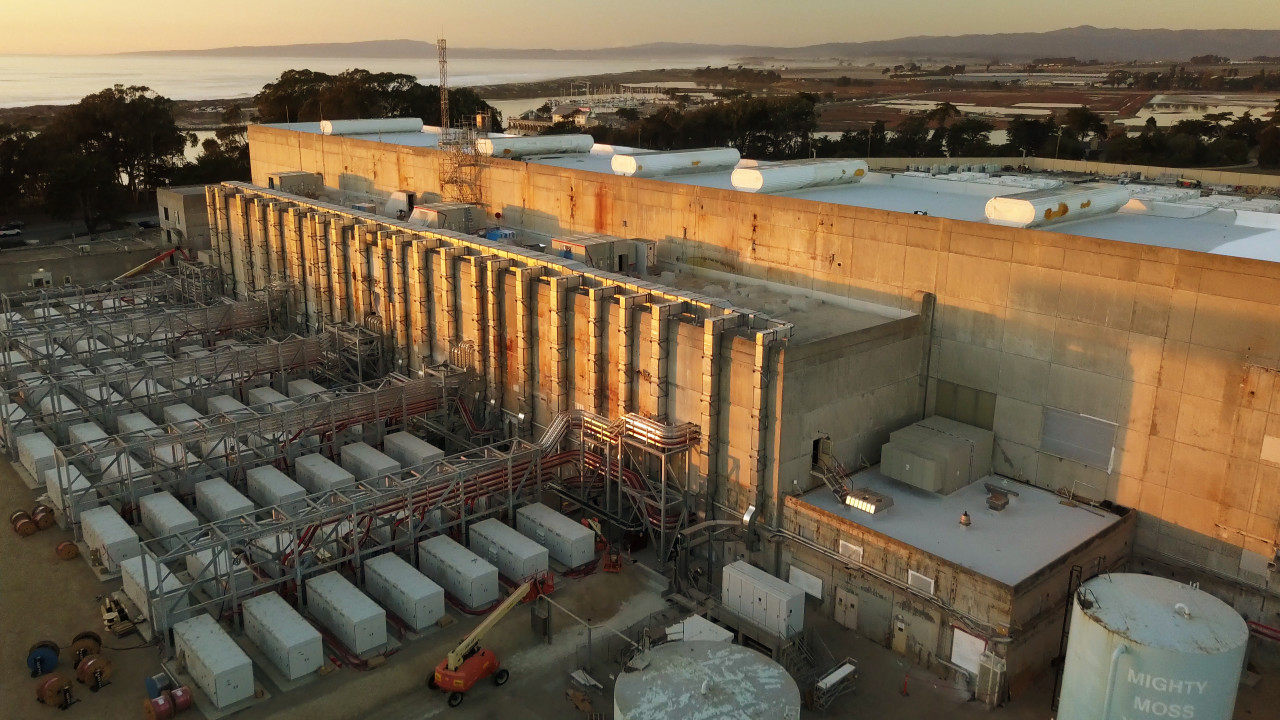The US Department of Energy (US DoE) on Friday (Sept. 22) announced a $325 million to advance the development of long duration energy storage (LDES) technologies.
The funding is a part of Biden's government Investing in America agenda and will help fund 15 projects across 17 states and the Red the Red Lake Nation, a Native American tribe based in Minnesota. Funded by President Biden's Bipartisan Infrastructure Law, these demonstration projects is aimed at advancing LDES, mitigating risks associated with disruptions to the grid during extreme weather events, and help communities develop reliable and affordable energy systems.
"As we build our clean energy future, reliable energy storage systems will play a key role in protecting communities by providing dependable sources of electricity when and where it's needed most, particularly in the aftermath of extreme weather events or natural disasters," said Jennifer M. Granholm, U.S. Secretary of Energy,
"Thanks to President Biden's Investing in America agenda, DOE is supporting game-changing energy storage projects across the nation—laying the foundation for the innovative solutions we need to ensure stronger, more resilient communities."
Energy storage technologies are essential for utilizing the growing portfolio of clean energy resources. However, today's energy storage technologies are not sufficiently scaled or affordable to support the broad use of energy storage on the grid. As per studies, cheaper, longer duration and more efficient energy storage is needed to meet the demand that fluctuates throughout the day and night.
RELEVNT: NYSERDA awards nearly $15 million to four long duration energy storage demonstration projects
The LDES Demonstrations Program, managed by DOE's Office of Clean Energy Demonstrations (OCED), funds a range of different technology types intended to overcome technical and institutional barriers to full-scale deployment of LDES systems in diverse geographies and climates.
According to DoE, the funds will be allocated to a range of different technology types to overcome technical and institutional barriers to full-scale deployment of LDES. Projects selected will feature a range of intraday (10 to 36 hours) and multiday (36 to 160+ hours) storage solutions. Further, it will be also given to few selected projects that seek to pursue innovative approaches to the re-use and recycling of retired batteries—thereby supporting the growing EV industry in the US.
Selected projects under the LDES Funding Opportunity include:
- Communities Accessing Resilient Energy Storage (CARES) (Red Lake Nation, Santa Fe, NM, and Petaluma, CA) — Led by Rejoule.
- Second life Smart Systems (SMART) (Atlanta, GA, San Diego, CA, Orangeburg, SC, Denmark, SC, and New Orleans, LA) — Led by Smartville Inc.
- Multiday Iron Air Demonstration (MIND) (Becker, MN and Pueblo, CO) — Led Xcel Energy, in partnership with Form Energy, this project seeks to accelerate the commercialization and market development of multiday storage, including by deploying two 10 megawatt 100-hour LDES systems at retiring coal plants in Minnesota and Colorado.
- Children's Hospital Resilient Grid with Energy Storage (CHARGES) (Madera, CA) — Led by the State of California through the California Energy Commission, this project aims to provide critical power backup for an acute care hospital and will provide resiliency in a region that is increasingly at-risk for significant power outages due to fires, storm surges, floods, extreme heat, and earthquakes.

US DoE $125 million for next-gen Batteries and Energy Storage research -
Read More

